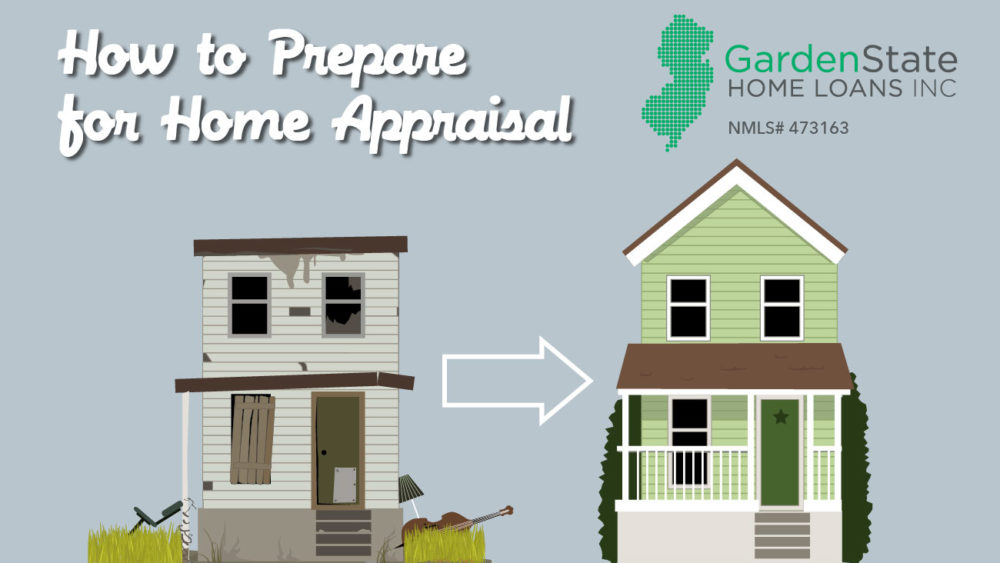
Home Appraisal Preparation
So, you’re selling your home. Getting a home appraisal is an important step in the process that all buyers look for. The home appraisal lets the buyer know what your home is worth, comparing your home to others on the market and the overall condition of your home. When preparing for a home appraisal, here are some things you should do to get the best rating possible.
General Appearance
The general appearance of your home will affect your evaluation. Make sure your home looks clean and well-kept before the appraiser arrives. Wash down walls, shampoo carpets, and power wash decks, driveways, and the exterior of your home. Remember, a clean home is an attractive home.
Start on the Outside
Mow your lawn, organize any gardening tools or lawn equipment you may have, and clear away any debris on your lawn, such as leaves or sticks. Look around the house and get rid of any weeds or dead plants. Additionally, look at the condition of the house. Look for damages, such as peeling paint, cracked brick or mortar, or damaged gutters and siding. Peeling paint is one of the major items that appraiser look for, so make sure that your paint is in great condition.
Move on In
When you walk into your home, try to view it through the eyes of a stranger. Any mess or clutter creates a negative image for your home, and can ultimately decrease the appraised value. Small things can make a big change. Even an old looking television can make your appraised value lower.
Effective Age
Chronological age of a home is the amount of time that has passed since the home has been built. Effective age of a home can be lower or higher than chronological age and is dependent on how well a home is kept. Any lights, door, or windows that don’t work can affect your home’s effective age. The more worn your house appears, the higher the effective age. This means that it will be compared to houses that are older than the house being appraised.
Safety Equipment
Make sure that all smoke alarms, carbon monoxide alarms, and home security alarms are set up and functioning properly.
Your Neighborhood
Your physical home isn’t the only thing that adds value to your home. Whatever amenities are in your neighborhood, be it parks, restaurants, historic landmarks, and similar, should be pointed out to your appraiser. While they might already know of amenities that have been in the neighborhood for a long time, newer additions might not be on their radar yet, so be sure to tell them!


Comments are closed.